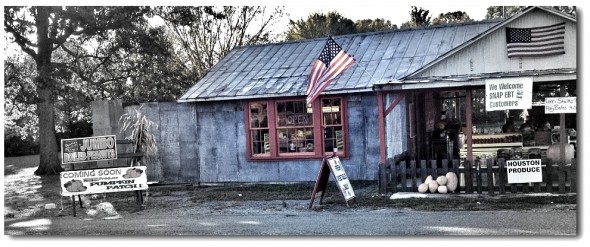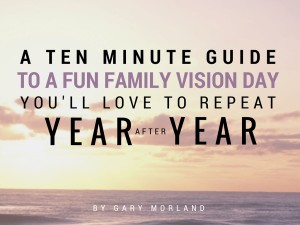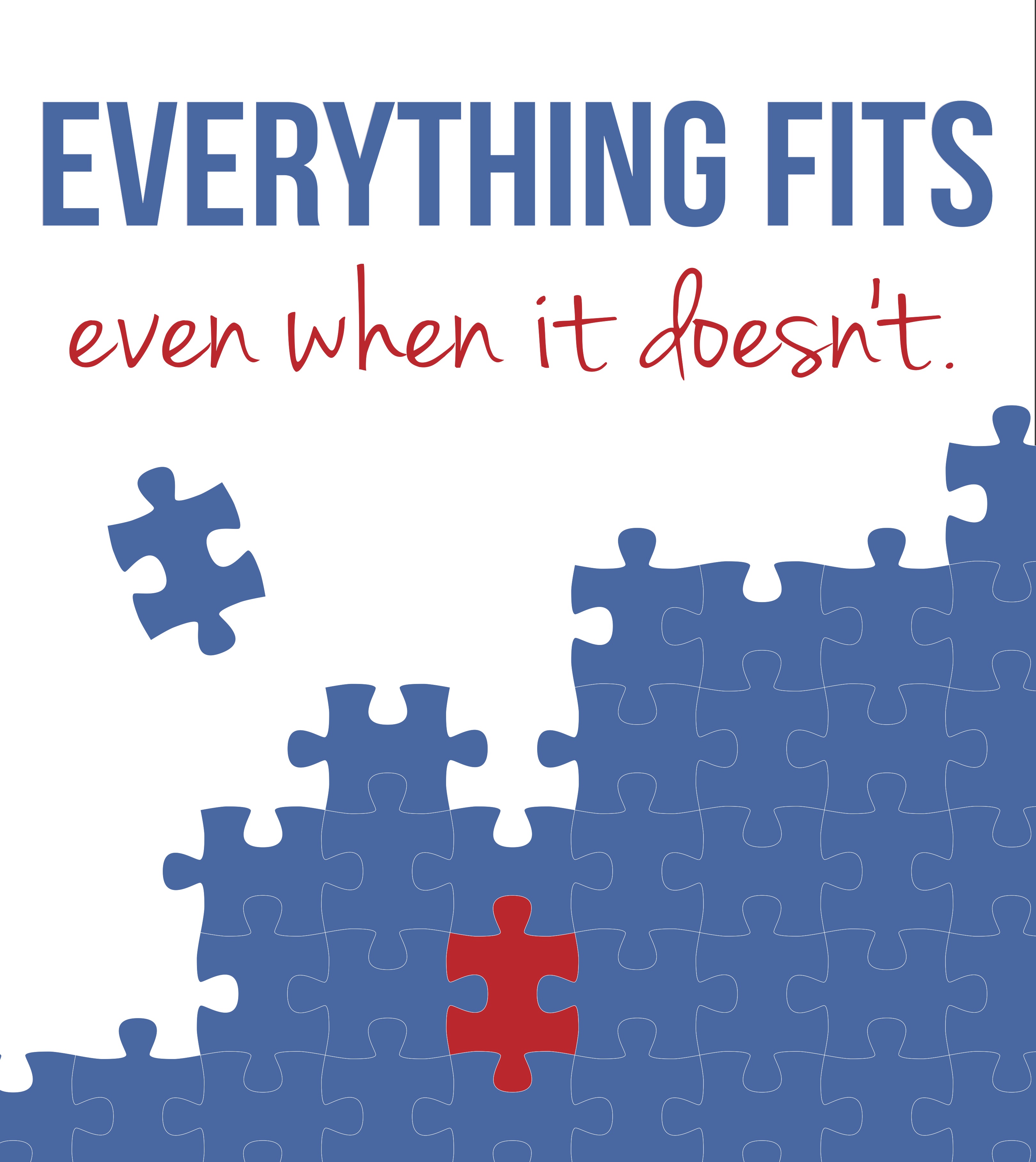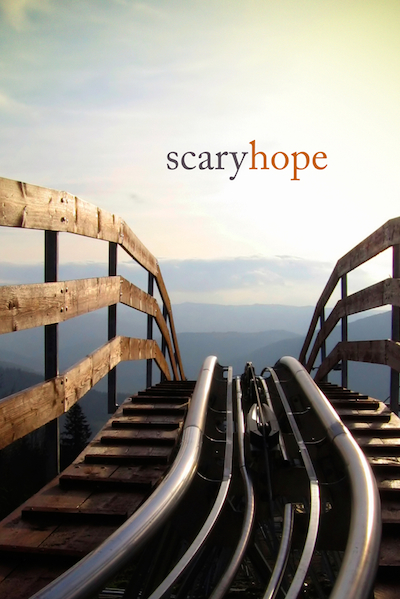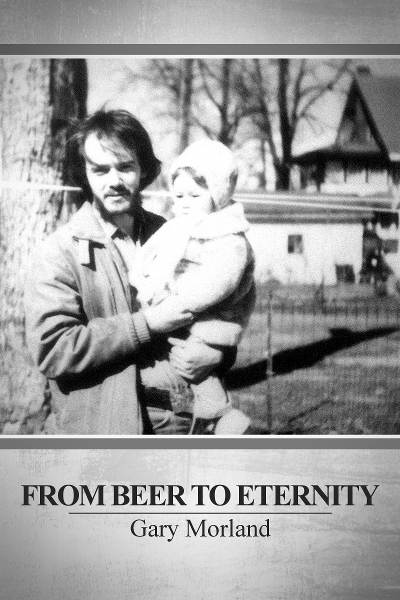We were at McDonald’s. Stella saw her teacher from the year before and said, “She’s one of the best teachers I’ve ever had.”
Stella was in first grade when she said that. She’d had two teachers.
When you’re six, one year is a sixth of your life and two teachers are your whole universe. “Best teacher ever” can be a true statement but not mean much. When you’re fifty, a year is only one fiftieth of your life, and you can’t even remember all your teachers.
It’s still a year. But a bigger perspective makes it look smaller and make more sense.
When you back up and get a wider view, you have more dots to connect.
All the dots don’t have to be part of your own experience. You have a built in reservoir of dots to make today look smaller and more manageable.
That reservoir of dots is called HISTORY.
Here’s an example
Tonight is another Presidential debate. Maybe you’ve taken sides and feel some passion against the other side. What seems normal to one seems outrageous and irresponsible to the other. Can you feel it? You’re convinced you’re right and they’re wrong, and you’re convinced it’s important.
It’s called partisan politics.
If you pay attention you hear people say it’s worse than ever these days. Of course that means the other guys are worse and more partisan than ever. Some people think about these days and get angry and depressed.
That’s where the dots of history come in.
Do you know when partisan politics began in America?
Thomas Jefferson and Alexander Hamilton. Right at the start.
Within the first 3 years of George Washington’s Presidency, partisanship busted out all over everything. It had to. Because people have beliefs they are passionate about, and people disagree and get mad at each other. Not everybody, but most. It’s not new.
In America, politics was all romantic after the Revolution–the founders were all on the same team. Then the governing had to start, and with it the partisanship.
There will never be a President who goes into office with the reputation and respect that George Washington had. And even he couldn’t stop the partisanship. It got even worse his second term. By the end of his Presidency, the Father of our Country and hero of the Revolution had been insulted and trashed, by both enemies and friends, as badly as any politician since.
Washington wanted to retire after his first term as President, but changed his mind:
The immediate reason for his decision (to run for a second term), reached with great reluctance, became obvious in several spirited conversations with Jefferson and Hamilton…
Jefferson accused Hamilton of plotting to commandeer the government after Washington’s departure…(with) himself as king, emperor, or dictator…Hamilton charged Jefferson with working behind the scenes…to capture the federal government for its slave-owning supporters.
The hatred between the two men became palpable, mutual, and personal…
Although no one knew it at the time — indeed no one yet possessed the vocabulary to talk or think about it sensibly — political parties were in the process of being born. The split between Jefferson and Hamilton was destined to foster the creation of the two-party system and a central feature in the American political universe.
— Joseph P. Ellis from the book His Excellency: George Washington
In other words, our political parties began as an effort to try to add a layer of depersonalization to passionate human disagreements. To keep us from strangling each other. It worked. But the replacement for the strangling can still get pretty ugly.
When you connect to these dots of history you realize it’s all normal. So you can chill a bit about today.
To me, this is one of the coolest things about learning history: it gives me perspective on today which I find calming and encouraging.
Think of a time in your own history when you thought your whole world was ending, but it didn’t. How can that help you the next time your world is rocked?
~~~~
This is Day 16 of 31 Days of Connecting the Dots: make more sense of your life, your world, your hopes and dreams. Subscribe on the right or below and each day will be delivered every morning to your inbox.





